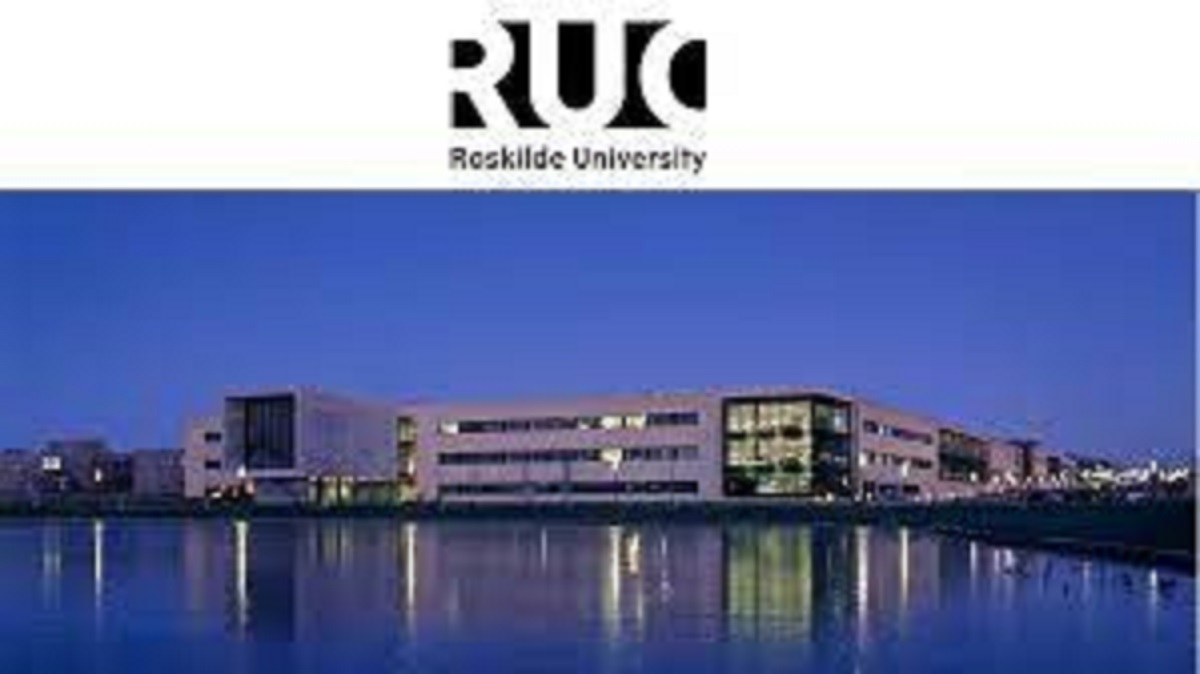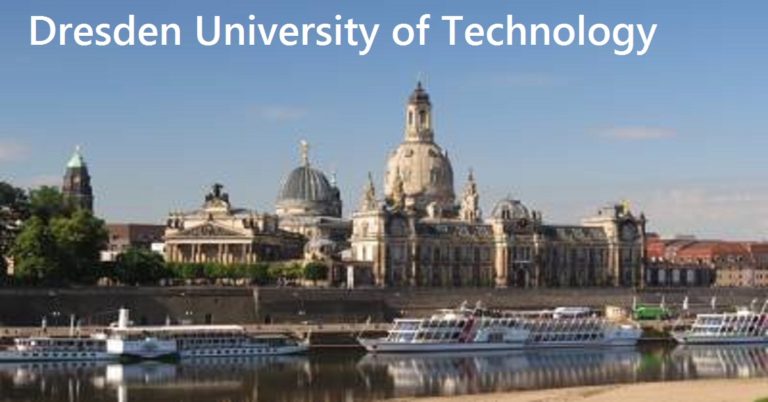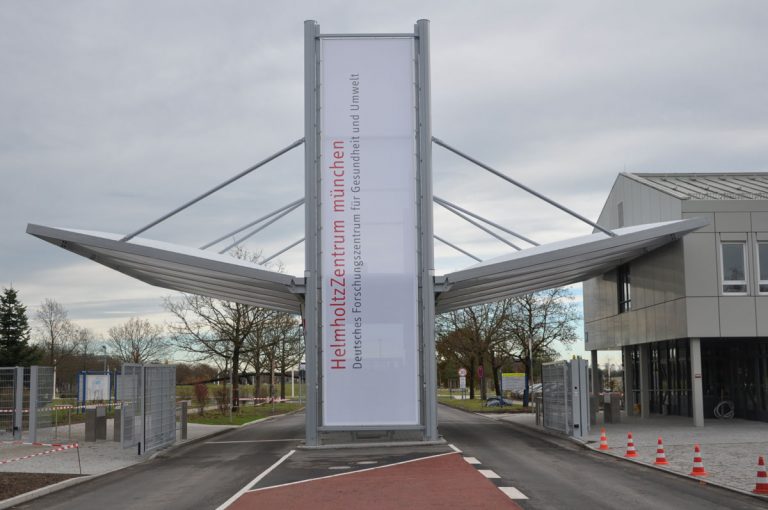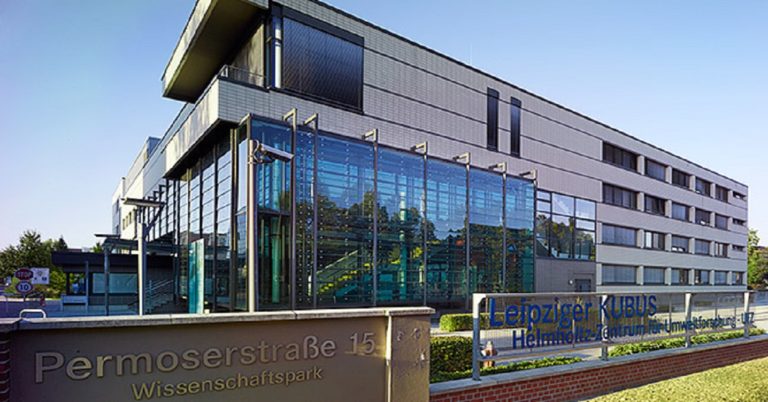
Roskilde University in Denmark invites application for vacant PhD, Postdoc and Faculty Positions, a Danish public university founded in 1972 and located in Trekroner in the Eastern part of Roskilde.
PhD fellowship in Organic Agri-Food System Transition
Category: PhD postions and scholarships
Department: Institut for Mennesker og Teknologi/ Department of People an…
Application due:
27-05-2025
Associate Professor in environmental biogeochemistry
Category: Scientic staff
Department: Institut for Naturvidenskab og Miljø/Department of Science a…
Application due:
11-05-2025
Professor of Food Studies and Food Systems
Category: Scientic staff
Department: Institut for Mennesker og Teknologi/ Department of People an…
Application due:
01-05-2025
PhD Position in South-South Security Cooperation
Category: PhD postions and scholarships
Department: Instititut for Samfundsvidenskab og Erhverv/ Department of S…
Application due:
04-05-2025
Postdoc position in Social Care Policy and Outsourcing
Category: Scientic staff
Department: Instititut for Samfundsvidenskab og Erhverv/ Department of S…
Application due:
01-05-2025
PhD in Explorative Physical Computing and Interaction Design
Category: PhD postions and scholarships
Department: Institut for Mennesker og Teknologi/ Department of People an…
Application due:
04-05-2025
Category: PhD postions and scholarships
Department: Instititut for Samfundsvidenskab og Erhverv/ Department of S…
Application due:
27-04-2025



